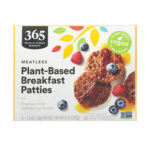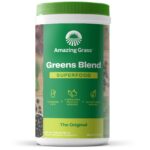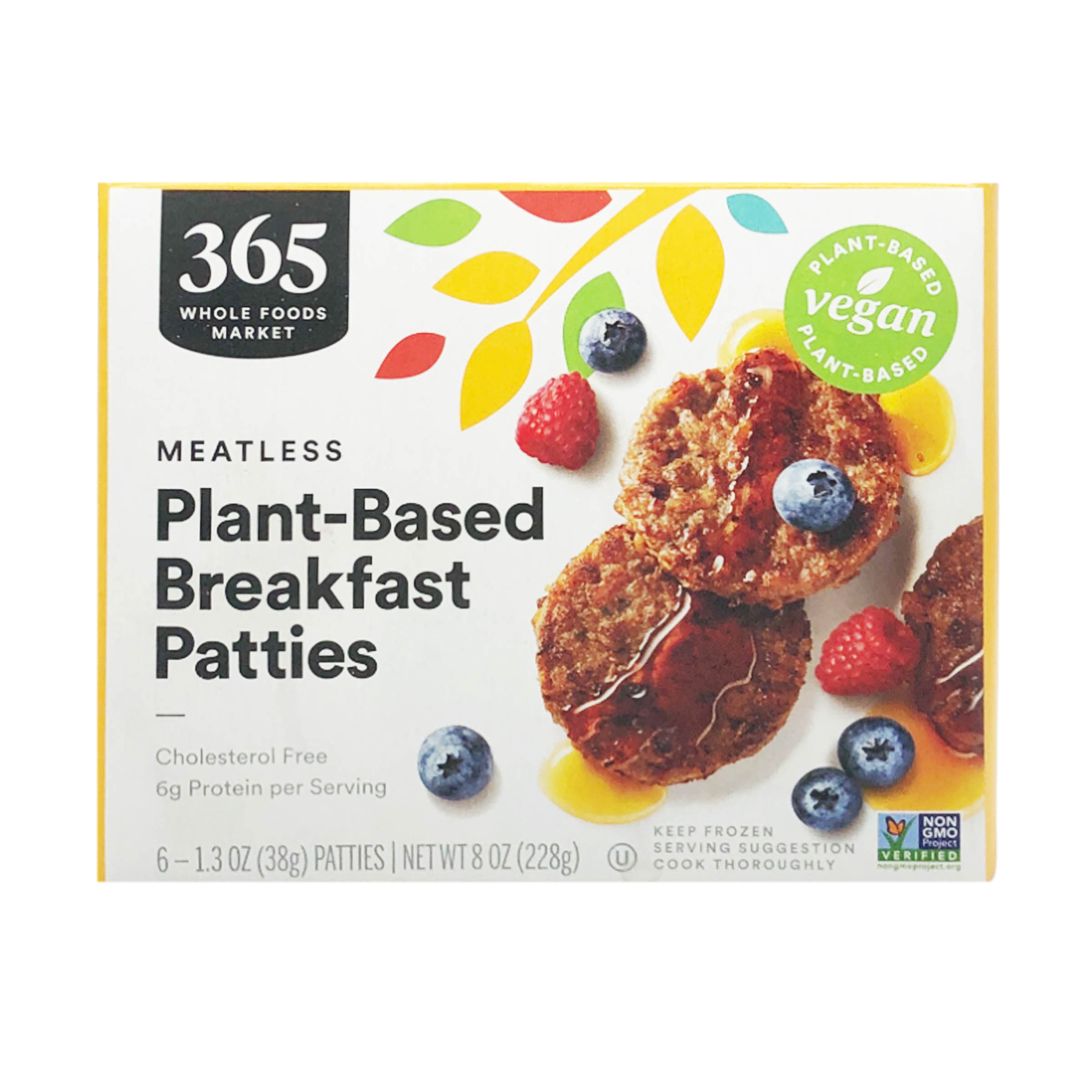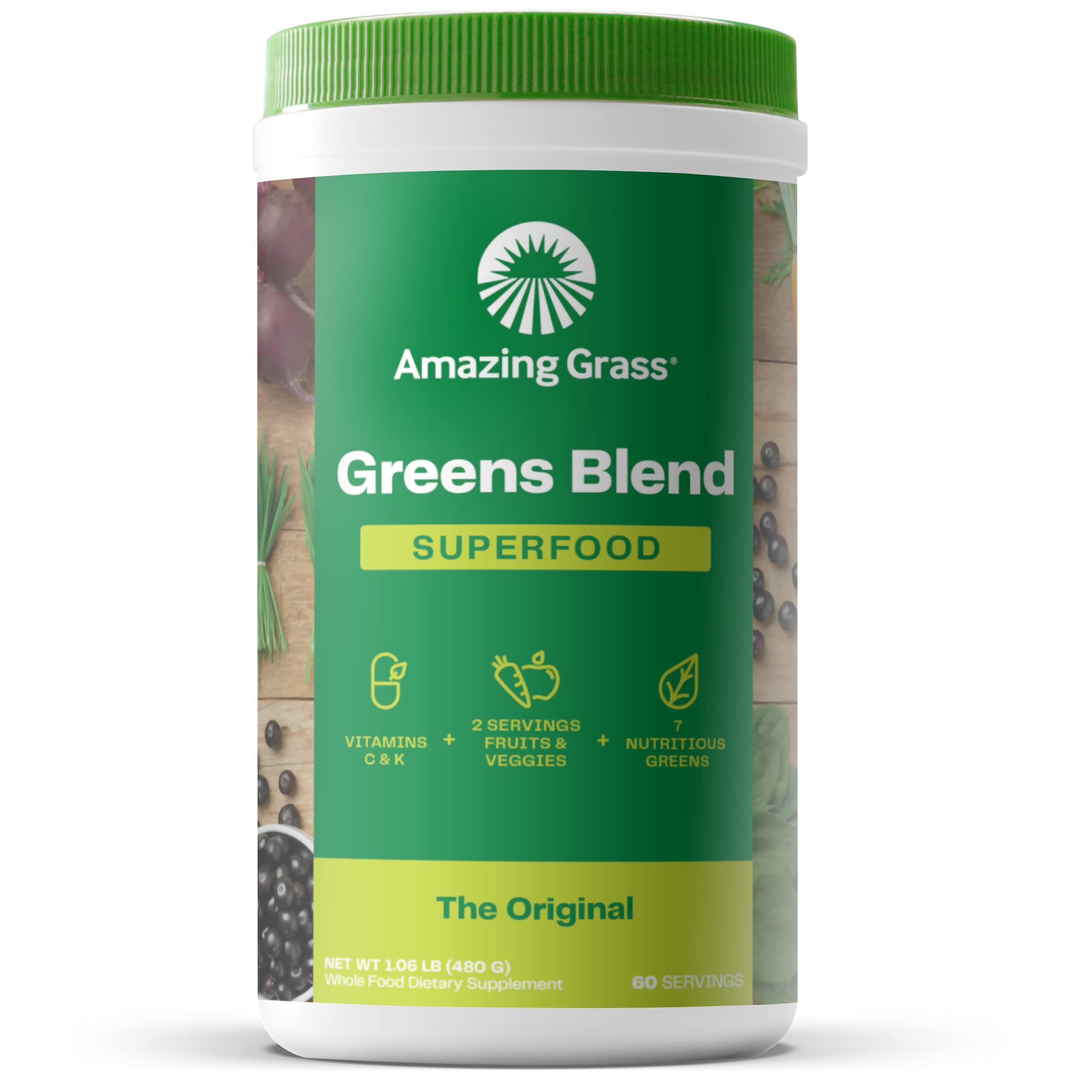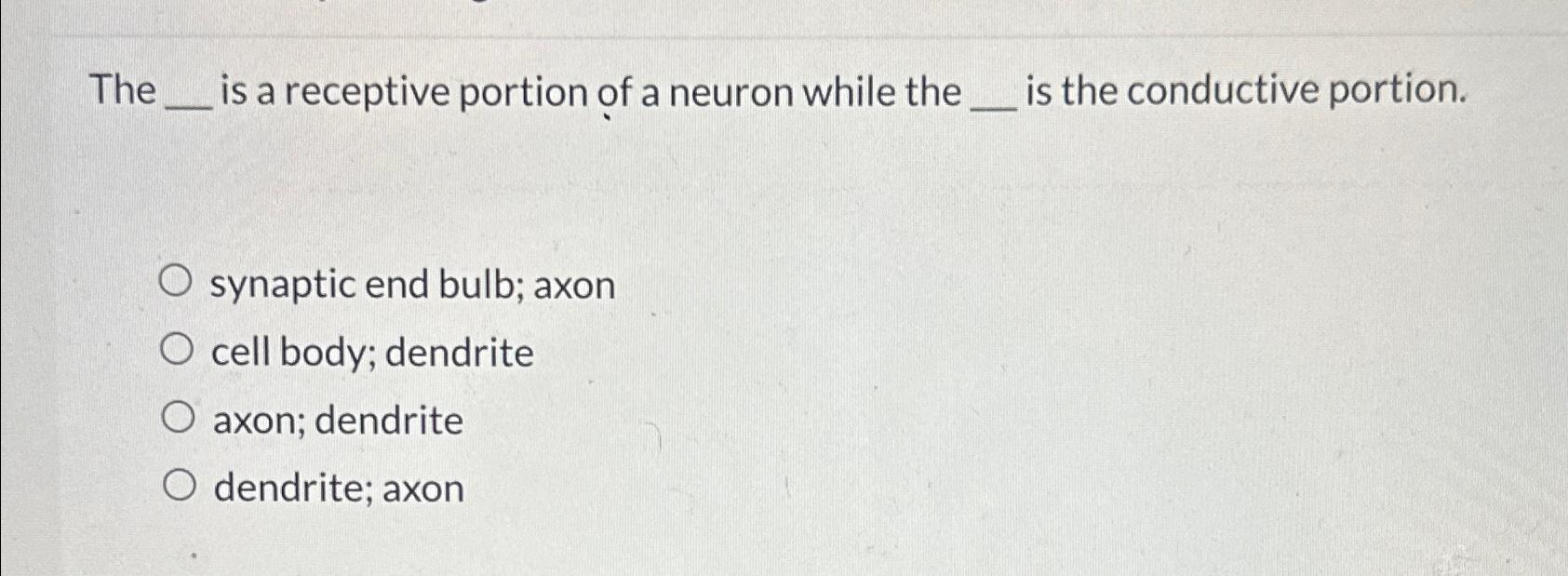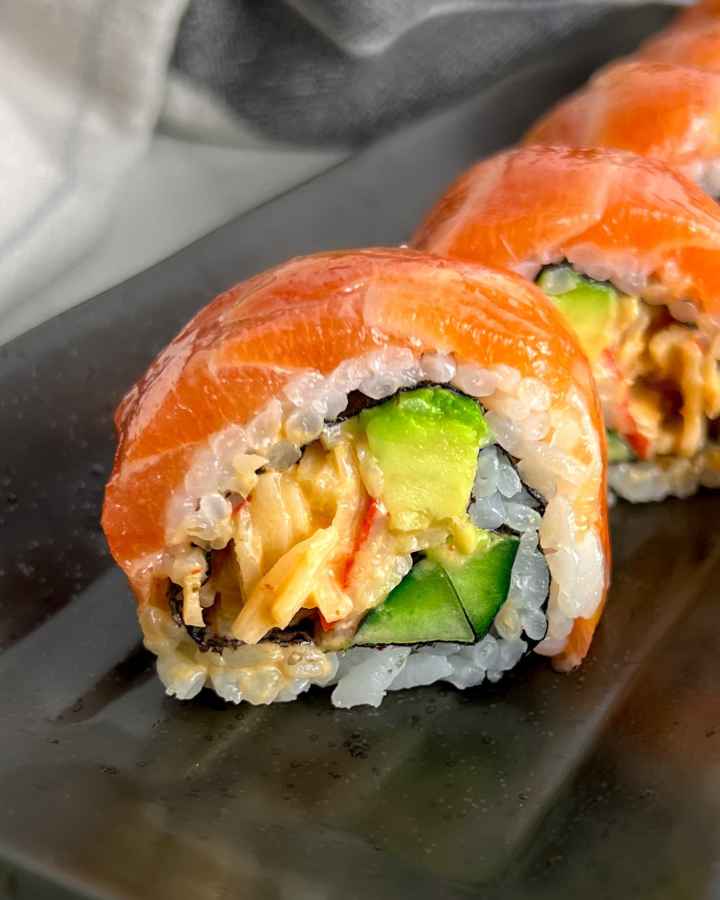The best food for footballers to stay healthy includes a balanced diet of various nutrient-dense foods such as whole grains, lean proteins, fruits, and vegetables. By incorporating these food groups into their meals, footballers can ensure they are receiving a wide range of essential nutrients to support their performance and overall health on the field.
When it comes to maintaining peak physical condition on the field, proper nutrition plays a crucial role in helping footballers perform at their best. A balanced diet that includes whole grains like quinoa, lean proteins such as chicken or fish, and a variety of fruits and vegetables provides the essential nutrients needed for energy, muscle repair, and overall well-being.
By fueling their bodies with the right foods, footballers can optimize their performance and recovery, ensuring they stay healthy and fit throughout their demanding training and match schedule.
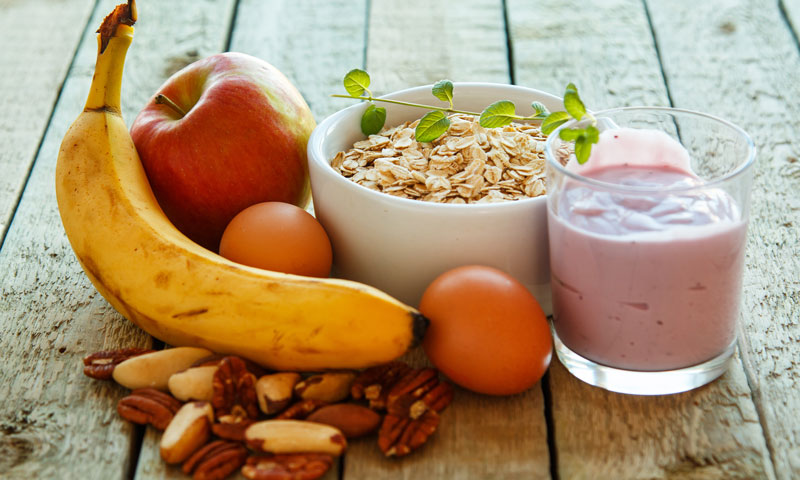
Credit: www.childrens.com
The Importance Of Proper Nutrition For Footballers
Proper nutrition is crucial for footballers to stay healthy and perform at their best. A balanced diet that includes whole grains, lean proteins, fruits, and vegetables is recommended to provide the necessary nutrients for optimal performance and recovery.
Fueling The Body For Optimal Performance
Proper nutrition is essential for footballers to maintain peak performance on the field. Fueling the body with the right foods ensures sustained energy levels, enhanced endurance, and improved recovery after intense training sessions and matches. Footballers require a balanced diet that provides the necessary nutrients to support their physical demands and overall well-being.
Understanding The Nutrient Needs Of Footballers
Footballers have specific nutrient needs to support their athletic performance. Protein is crucial for muscle repair and growth, while carbohydrates serve as the primary energy source for high-intensity activities. Healthy fats, vitamins, and minerals play vital roles in maintaining cardiovascular health, immune function, and overall athletic performance. It’s important for footballers to prioritize nutrient-dense foods to meet these specific dietary requirements.

Credit: snapsoccer.com
Key Nutrients For Footballers
Protein is essential for muscle growth and repair. Footballers should consume lean sources such as chicken, turkey, fish, and beans.
Carbohydrates provide the necessary energy for footballers to perform at their best. Opt for whole grains, fruits, and vegetables.
Healthy Fats: Supporting Brain Function and Joint Health
Healthy fats are crucial for brain function and joint health. Include sources like avocados, nuts, and olive oil in your diet.
A diet rich in vitamins and minerals aids in performance and recovery. Incorporate foods like spinach, broccoli, and berries into your meals.
Best Food Choices For Footballers
Best Food Choices for Footballers:
Lean Proteins: Chicken, Turkey, Lean Red Meats
Include high-quality proteins like chicken, turkey, and lean red meats for muscle repair and growth.
Complex Carbohydrates: Whole Grains, Sweet Potatoes, Brown Rice
Opt for whole grains, sweet potatoes, and brown rice to fuel your energy levels and sustain performance.
Healthy Fats: Avocado, Nuts, Seeds
Incorporate sources of healthy fats such as avocado, nuts, and seeds to support overall health and metabolism.
Vibrant Fruits And Vegetables: Spinach, Broccoli, Berries
Ensure a colorful plate with nutrient-rich choices like spinach, broccoli, and berries for vitamins and minerals.
Hydration: Water And Electrolyte-rich Drinks
Stay hydrated with water and replenish electrolytes with drinks containing them to maintain proper fluid balance.
Meal Planning For Footballers
Ensuring a balanced diet with a mix of protein, carbohydrates, healthy fats, and essential vitamins and minerals is crucial for footballers. Incorporating foods like lean meats, whole grains, fruits, vegetables, and seeds can help maintain energy levels, aid in muscle recovery, and support overall health and performance on the pitch.
Meal Planning for Footballers
For professional footballers, meal planning plays a crucial role in maintaining peak physical performance and promoting rapid recovery. Achieving the right combination of macronutrients and timing is essential for optimizing energy levels and aiding muscle repair. Let’s delve into the specifics of pre-match meals, post-match recovery meals, and snacks for sustained energy.
Pre-match Meals: The Importance Of Proper Timing
In the hours leading up to a match, it’s pivotal for footballers to fuel their bodies with a balance of carbohydrates, lean proteins, and healthy fats. Optimal pre-match meals should be consumed around 3-4 hours before kick-off to allow for proper digestion and energy utilization. Complex carbohydrates, such as whole grains and quinoa, are ideal for sustaining energy levels throughout the game, while lean proteins like oily fish provide essential amino acids to support muscle function.
Post-match Recovery Meals: Replenishing Stores And Promoting Healing
After a grueling match, the focus shifts to replenishing glycogen stores and promoting muscle recovery. For effective post-match recovery, footballers should prioritize consuming a balanced meal within 30 minutes to 2 hours after the game. This meal should include a combination of lean proteins like chicken or fish, whole grains for replenishing glycogen stores, and an assortment of vegetables for essential vitamins and minerals.
Snacks For Sustained Energy
Additionally, incorporating nutrient-dense snacks into the daily regimen is crucial for sustaining energy levels during training and matches. Snack options like fresh fruits, nuts, and yogurt provide a blend of carbohydrates, healthy fats, and protein to keep footballers energized and satiated throughout intense workouts.
By strategically planning and timing meals, footballers can optimize their performance, promote faster recovery, and elevate their overall physical wellbeing.
Specific Dietary Considerations For Footballers
Maintaining a balanced diet is essential for footballers, focusing on whole grains, lean proteins, and ample fruits and vegetables to support peak performance and recovery. Incorporating foods rich in nutrients like quinoa, oily fish, and oatmeal can help footballers stay healthy and energized on the field.
As a footballer, maintaining a healthy diet is essential for optimal performance on the field. However, there are specific dietary considerations that footballers need to keep in mind in order to meet their unique nutritional needs. Here are a few important factors to consider:
Vegetarian And Vegan Athletes: Meeting Protein And Nutrient Needs
For vegetarian and vegan athletes, ensuring adequate protein and nutrient intake is crucial. While plant-based diets can provide all the necessary nutrients, it’s important to focus on combining different protein sources and incorporating a variety of foods to meet your needs. Some protein-rich plant-based options include:
- Beans and legumes such as lentils, chickpeas, and black beans
- Quinoa, a complete protein source
- Nuts and seeds like almonds, chia seeds, and hemp seeds
- Tofu and tempeh, which are soy-based protein alternatives
It’s also important to pay attention to other crucial nutrients like iron, calcium, and vitamin B12. Including fortified foods or supplements can help ensure you’re meeting your nutrient needs.
Food Allergies And Intolerances: Finding Suitable Alternatives
If you have food allergies or intolerances, it’s important to find suitable alternatives that still provide the necessary nutrients for your performance. For example, if you’re lactose intolerant, you can choose lactose-free dairy products or opt for plant-based milk alternatives like almond milk or soy milk.
| Allergy/Intolerance | Suitable Alternatives |
|---|---|
| Gluten | Gluten-free grains like quinoa, rice, and oats |
| Dairy | Lactose-free dairy products or plant-based milk alternatives |
| Shellfish | Other sources of lean protein like chicken, turkey, or legumes |
Remember to read labels carefully and consult with a healthcare professional or dietitian to ensure you’re still meeting your nutritional requirements.
Weight Management: Finding The Right Balance
Weight management is another crucial aspect of a footballer’s diet. Maintaining a healthy weight is important for sustaining optimum performance while minimizing the risk of injuries. Here are a few key tips:
- Focus on consuming a balanced diet that includes all food groups in appropriate portions.
- Avoid crash diets or extreme restrictions, as they can lead to nutrient deficiencies and negatively impact performance.
- Keep track of your calorie intake and expenditure to maintain a healthy energy balance.
- Consult with a sports nutritionist or dietitian for personalized guidance and support.
Remember, finding the right balance between nutrition and weight management is crucial to enhance your football performance and overall health.
Frequently Asked Questions For What Is The Best Food To Keep Healthy As A Footballer?
What Do Footballers Eat To Stay Healthy?
Footballers stay healthy by eating a variety of foods including fruits, vegetables, grains, proteins, and dairy. This ensures they get essential nutrients to maintain their health. Drinking water, sports drinks for glucose, and chocolate milk for protein recovery are beneficial.
What Foods Are Good For Football?
A balanced diet with fruits, vegetables, whole grains, lean proteins, and dairy is good for footballers. These foods provide essential nutrients for energy, muscle recovery, and overall performance. It’s important to stay hydrated and replenish glucose with sports drinks during practices and games.
How Can I Be A Healthy Football Player?
To be a healthy football player, focus on these guidelines: 1. Drink water before, during, and after practice or games. 2. Include fruits, vegetables, bread, rice, potatoes, pasta, milk, dairy foods, and meat in your diet for various nutrients. 3. Consider sports drinks and chocolate milk for glucose and protein recovery.
4. Choose high-quality sources of protein like chicken, turkey, lean red meats, beans, dairy, eggs, and fish. 5. Eat whole grains, such as whole wheat bread, pasta, and rice, along with fresh fruits and vegetables. By following these tips, you can maintain a healthy and balanced diet as a football player.
What Is The Best Meal For A Soccer Player?
A balanced meal for a soccer player should include a variety of nutrient-dense foods such as whole grains, lean proteins, fruits, and vegetables. Examples of good choices include chicken or turkey, lean red meats, beans, dairy, eggs, fish, whole wheat bread, pasta, rice, broccoli, peppers, and potatoes.
Conclusion
Incorporating a well-balanced diet with nutrient-dense foods is crucial for footballers to maintain peak performance. By focusing on whole grains, lean proteins, fruits, and vegetables, players can fuel their bodies effectively. Additionally, staying hydrated and making smart nutritional choices can significantly impact overall health and athletic prowess.
Prioritizing these dietary elements can greatly contribute to a footballer’s well-being and success on the field.

